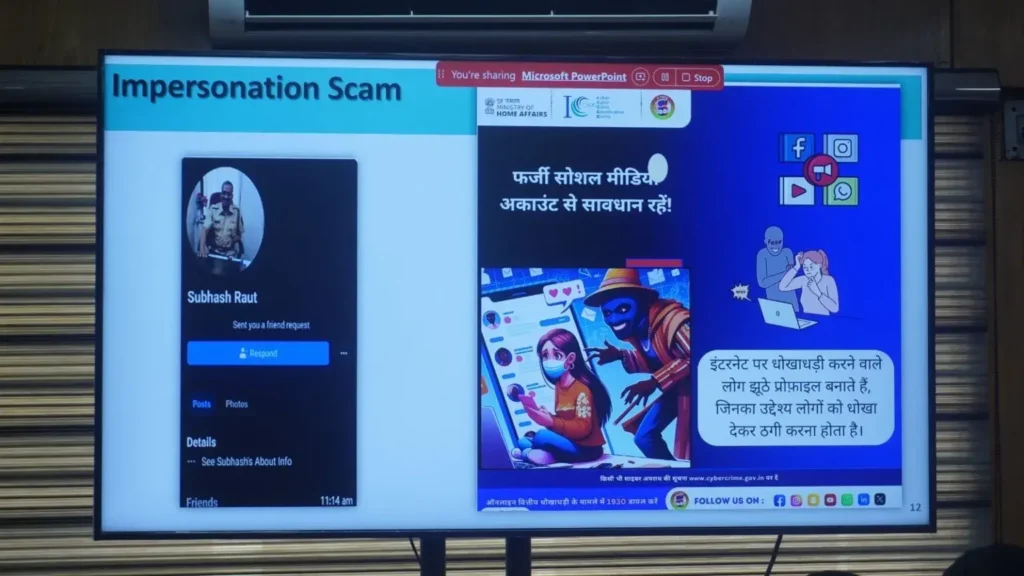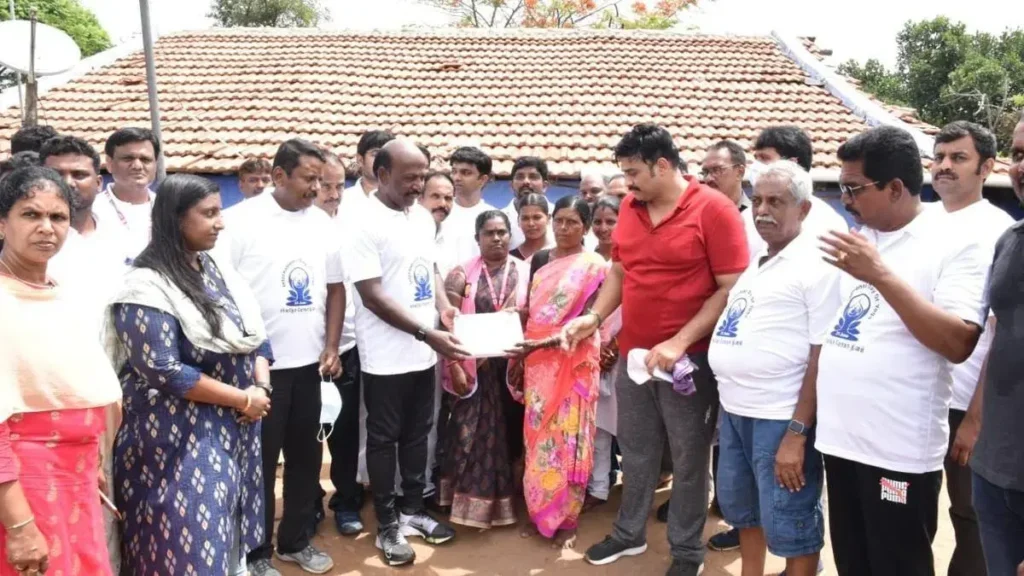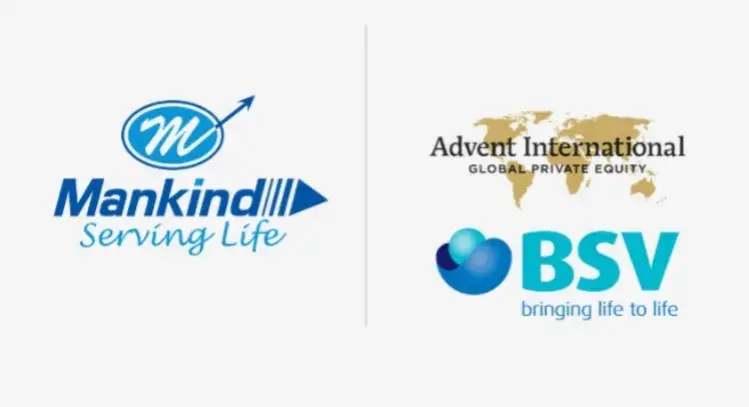India Became ‘Pharmacy of the World’ During Covid-19: JP Nadda
Union Minister of Health and Family Welfare, JP Nadda, hailed India as the ‘Pharmacy of the World’ on Monday while emphasizing the country’s significant contributions to global healthcare during the Covid-19 pandemic. Nadda was speaking at the 19th International Conference of Drug Regulatory Authorities (ICDRA) in New Delhi, where leaders from over 120 countries gathered to discuss regulatory practices and collaborative solutions to enhance global healthcare standards. “This prestigious platform [19th ICDRA] reflects our shared commitment to enhancing global healthcare standards and safeguarding public health,” Nadda said. He highlighted India’s pivotal role in addressing global health challenges through innovation, resilience, and collaboration. India’s Covid-19 Response: Vaccine Production and Global Impact Nadda elaborated on India’s rapid response during the pandemic, particularly its ability to ramp up vaccine production to meet both domestic and international needs. “During the unprecedented Covid-19 pandemic, India emerged not only as a global leader in health resilience and innovation but also reaffirmed its role as the pharmacy of the world,” he said. India’s extensive vaccination campaign, which successfully inoculated over a billion people, was described as a major milestone. Nadda credited healthcare workers and government initiatives for ensuring affordable access to essential medicines, vaccines, and medical supplies for nations around the globe. He also underscored India’s assistance to over 150 countries during the pandemic, driven by the ethos of “Vasudhaiva Kutumbakam,” the ancient Indian philosophy that emphasizes “the world is one family.” Cross-Border Collaboration and Regulatory Advancements Nadda emphasized that cross-border collaboration is essential for addressing global healthcare challenges. “The theme of this conference resonates deeply with our core belief that collaboration across borders, sectors, and disciplines is essential for creating lasting health solutions,” he stated. He also outlined India’s efforts to modernize its regulatory framework, highlighting the establishment of eight operational drug testing laboratories, with two more in the pipeline. Furthermore, eight mini testing labs have been set up at various ports to expedite the testing of imported materials. Over 95 percent of regulatory processes in India have been digitized, and the country’s medical device industry is now under regulation. With India’s healthcare system playing a crucial role in ensuring affordable access to medical supplies and vaccines during the pandemic, Nadda emphasized the importance of continued innovation and global cooperation to build a healthier, more resilient world. Source: Business Standard
India Became ‘Pharmacy of the World’ During Covid-19: JP Nadda Read More »










